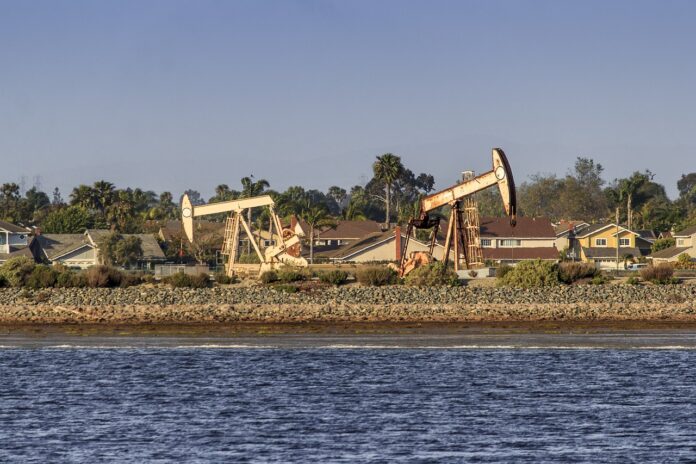Gas and oil drilling centers offer important resources for society. However, this comes with its own risks. People who work in oil fields are often exposed to risks such as confusing layouts, vehicle collisions, electrical hazards, and more.
It is almost impossible to get rid of all the risks found in an oil field. However, you can assist in maintaining a higher level of safety in an oil field through specific safety choices.
Your oil field safety strategy should focus on how to handle emergencies that will inevitably happen and on how to prevent any emergency as much as possible.
Fortunately, experts from the oil field industry maintain a proven track record for enforcing and maintaining safety in oil fields. Below are some useful tips on how to maintain safety in an oil field.
Maintain All Hardware and Equipment
Among the biggest risks in an oil field is the risk of a car accident that may be caused by overlooking a problem. However, you can easily decrease the rate of such accidents by simply maintaining the vehicles in an oil field environment.
It is important to make sure that every vehicle in an oil field receives regular repairs and service in order to maintain safe driving experiences. It is also important to maintain the equipment used in drilling by keeping them functional and clean.
As soon as there is any sign of mechanical issues with the drilling equipment, you should either replace the faulty part or immediately get in touch with a repair expert.
Clean Up Messes
The environment in an oil field is far from the cleanest place to work. However, the less messy your workplace, the safer the oil field environment will be for you and your colleagues.
Immediately contain spills and clean up as fast as possible in order to reduce the risk of your employees falling down and the overall risk of starting and spreading fire. Do not prioritize profit or speed over safety.
Become Friends with the Local Emergency Responders
Find the closest fire station, police station, hospital, or any other local emergency response team. It is important to let them know that you will be drilling nearby.
There is a good chance that you will see the emergency team often. It is important to maintain a good relationship with the local emergency team and make sure they are familiar with the layout of your facility.
Becoming familiar with emergency response teams will allow them to respond faster and build trust during a disaster scenario.
Promoting Oil Field Safety
Those who have worked in oil fields are aware of occupational and health risks present in the industry. However, the risks are more manageable through strict maintenance of the oil field environment and the equipment and having a great understanding of the work.
According to Loncar Lyon Jenkins attorneys, big oil companies often lose sight of safety when profits take precedent. With a little more effort, it is very easy to maintain a great standard of safety in the oil field environment. Make safety everyone’s top priority.
Widen Talent Management Solution
Cycles of bust and boom are part of the routine in the domestic gas and oil industry as demand and supply respond to evolving political landscapes, new technologies, and other developments.
This creates a challenge while trying to manage the stability of the workforce as companies staff down and up accordingly. Numerous experienced workers will regularly jump between companies, usually during cycles of high demand.
Companies use wage increases to lure away employees from other competing companies as wage pressures rise with increased demand and a supply of experienced employees that is limited.
To retain and attract workers in any market, organizations should be more focused on creating a more scalable workforce development procedure that is capable of responding to cyclical downs and ups.
Find a Home-Based Business to Start-Up >>> Hundreds of Business Listings.

















































